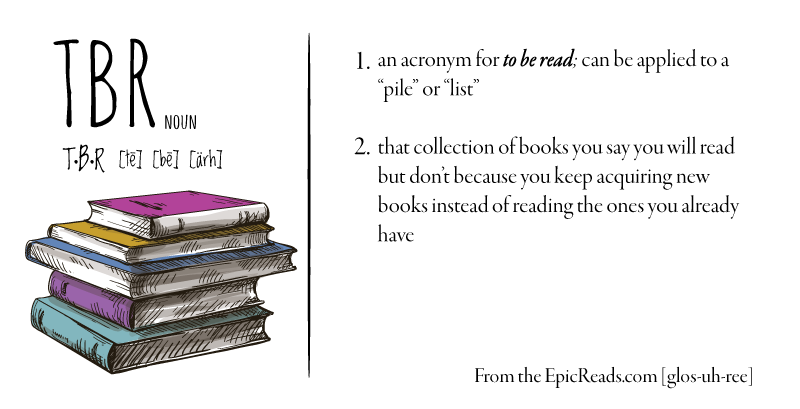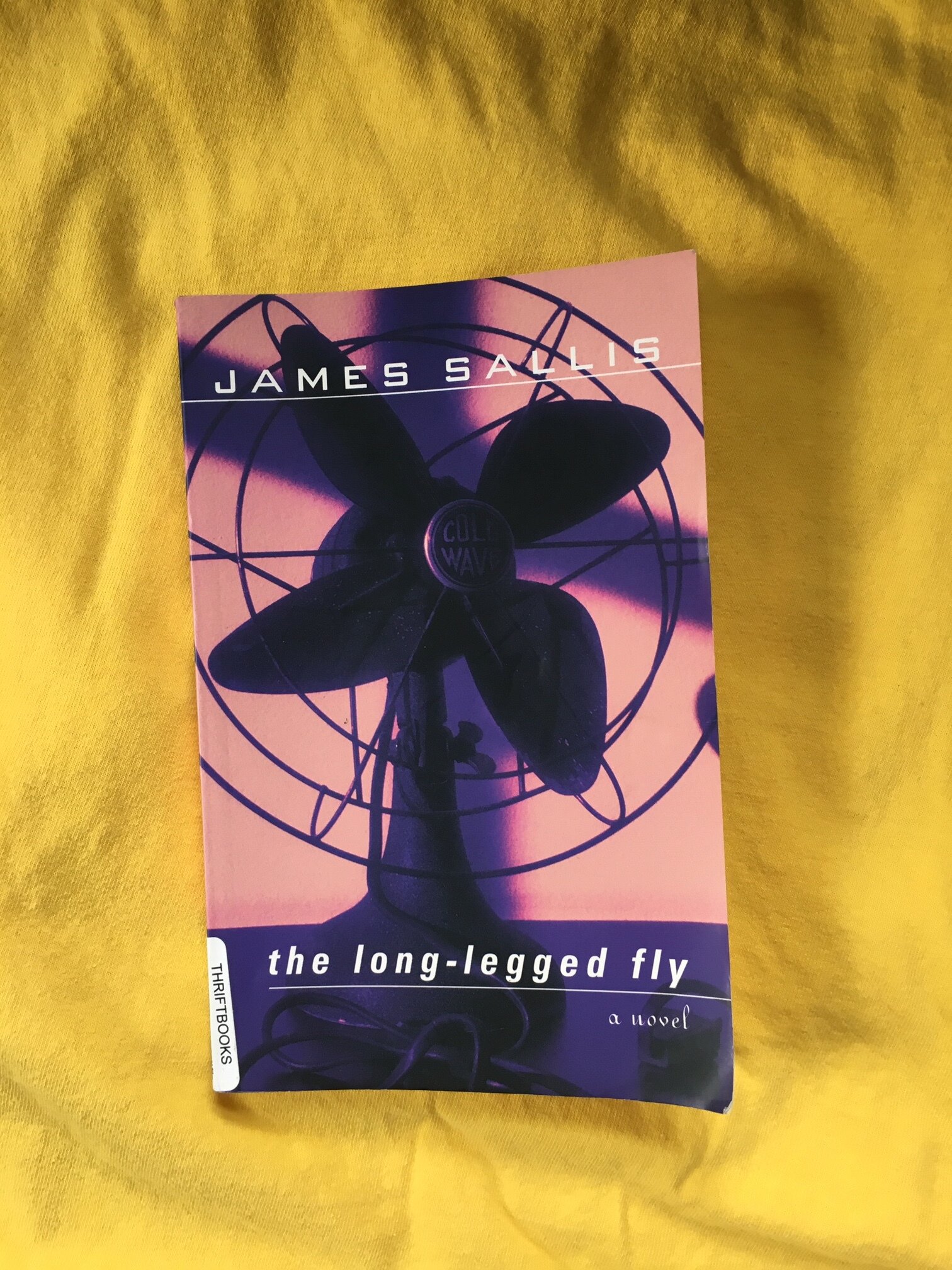In this series I explain terms used in the low impact movement, lifestyle terms, and other verbiage that I use on my blog and in my daily life. Here they are defined simply, in case they are new to readers. In some cases, I have done some research on them, but these definitions are mostly what I understand them to be and how I use them.
So clearly, BookTube (the offshoot of YouTube that’s all about books) is my new thing. Getting into a new niche community always comes with language that you learn as you go along. BookTube has those in spades. But they are not only for use in BookTube. These words and phrases can be used by all readers.
TBR
This term is used a lot on BookTube. Quite plainly it stands for “To Be Read”. This term refers to books you own and want to read (Physical TBR), books you’ve heard of and want to read (Mental TBR), or any number of lists or places where there are books that you want to read. Readers keep TBR lists, TBR shelfs, TBR spreadsheets. Readers have life time TBRs, monthly TBRs, or TBRs of specific styles and genres.
Personally since I have a lot of books that I have accumulated from thrifting, library sales, or books found or given to me, I only consider the books I’m actively planning on reading my TBR. I keep these on a shelf or two and swap them out either after reading, or after deciding I’m not ready to read them yet.
Read Shelf
This term is pretty self-explanitory, but often gets a little confusing bc when spoken it sounds like “red shelf”. A Read Shelf is where one keeps all their already read book, books that they have read or completed. Some readers only store books that they have actually read here, some put all the books on they own on these shelves. Some people are collectors and find their favorite editions to collect, some collect whole series whether they have read them or not. Many reader keep every book they have ever read but there are people who only keep what they enjoyed and get rid of low star reads. Just like collecting, each reader has their own flare for how they organize and decorate their Read Shelves. Alphabetical, by genre, by color, be length, are just a few ways people organize Read Shelves.
I try to keep only physical books that I enjoyed, culling every few months. I keep my shelves organized alphabetically.
Mood Reader
Again, this term is pretty clear. Mood Reader refers to a reader who chooses what to read by the mood they are in. Many readers make a TBR and stick to it or read to accomplish some goal, but mood readers read what they feel like reading when they feel like.
I’m definitely a mood reader, so I like to peruse my TBR piles, but what I pick depends on how I feel.
DNF
Standing for “Did Not Finish”, this term is used to describe a book that one started reading but didn’t finish. There are many reasons why someone doesn’t finish a book but some of the most commonly referred to in BookTube is not liking a book and stopping reading it, not being in the right mood for a book, or starting a book when you are already reading other which take precedence. DNF can be “ for now” or forever.
I don’t generally DNF, I try to finish all the books I start. But I will sometimes DNF for now. If I’m really not vibing with a book, it’s better for me to put it down for a while then struggle thru.
Do you use any of these reading terms or were they new to you? What other BookTube or reading terms do you use?







